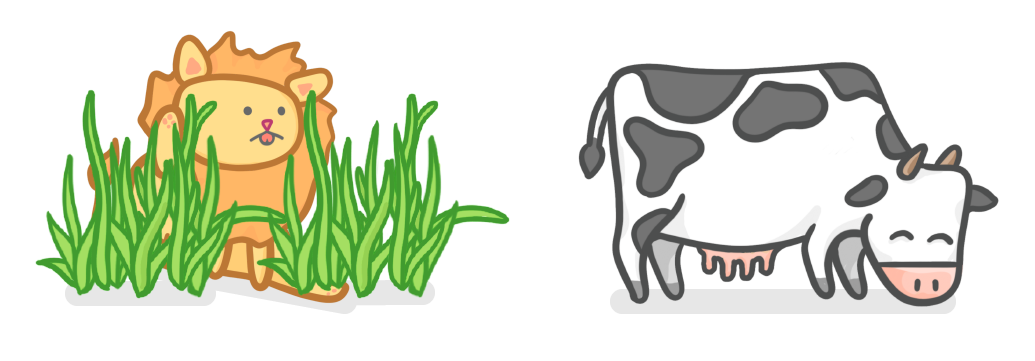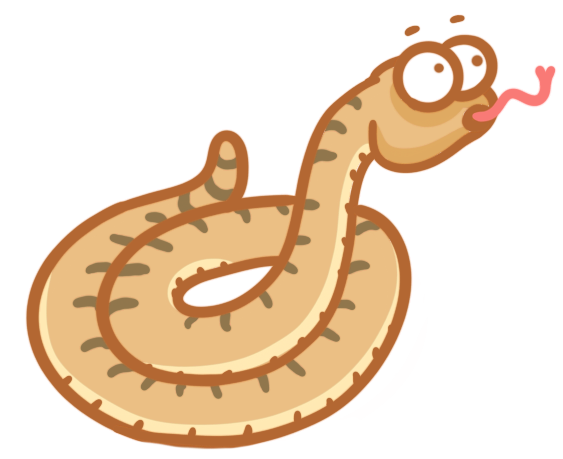Adaptations
This lesson covers:
- What it means for an organisms to be 'adapted for its environment'
- The difference between 'structural', 'behavioural', and 'functional' adaptations
- What 'extremophiles' are
What does the term 'structural adaptations' refer to?
The processes that take place within an organism
The way an organism acts
The physical features of the organism
|
Which of the following are examples of structural adaptations?
(Select all that apply)
How a predator metabolises chemicals
The colour of an organism
The shape of an organism
The response of an organism when it sees a predator
|
Which of the following features of camels would be considered a structural adaptation?
They can metabolise fat to produce water
They have large feet to stop them falling into the sand
They often spit when they feel threatened
|
What does the term 'behavioural adaptations' refer to?
The physical features of the organism
The way an organism acts
The processes that take place within an organism
|

Which of the following is an example of a behavioural adaptation?
The response of an organism when it sees a predator
The shape of an organism
How a predator metabolises chemicals
The colour of an organism
|
Which of the following features of camels would be considered a behavioural adaptation?
They often spit when they feel threatened
They can metabolise fat to produce water
The have large feet to stop them falling into the sand
|
What does the term 'functional adaptations' refer to?
This are also sometimes called 'physiological adaptations'.
The processes that take place within an organism
The way an organism acts
The physical features of the organism
|
Which of the following is an example of a functional adaptation?
(Select all that apply)
The response of an organism when it sees a predator
How an organism metabolises chemicals
The colour of an organism
The production of venom
|
Which of the following features of camels would be considered functional adaptations?
(Select all that apply)
They can metabolise fat to produce water
They have large feet to stop them falling into the sand
They produce very concentrated urine
|

Some species of bird migrate to different regions of the world at certain times of the year.
Which type of adaptation is this?
Functional/physiological adaptation
Behavioural adaptation
Structural adaptation
|

Some species of snake have bright and distinct patterns on their scales to warn other species that they are venomous.
Which type of adaptation is this?
Behavioural adaptation
Structural adaptation
Functional/physiological adaptation
|
What is an extremophile?
|
What type of organisms are extremophiles?
(Select all that apply)
Fungi
Bacteria
Archaea
Plants
Protoctists
|